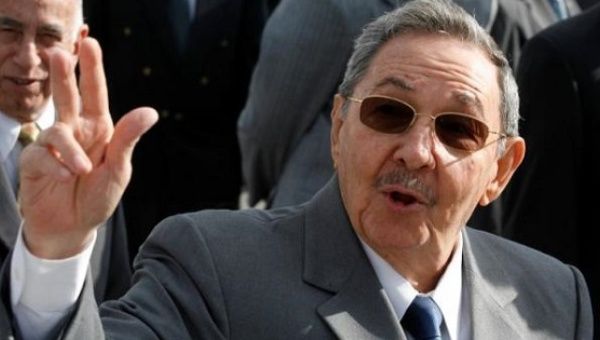 TELESUR
TELESURCuba Lowers Prices on Necessary Goods to Assist Families
Cuba announced that it will cut the prices of some goods in government-run stores in order to increase the purchasing power of the Cuban peso and help families, Reuters reports.
“Salaries and pensions are insufficient to satisfy the basic needs of Cuban families,” the Central Report of the Cuban Communist party said. “The definitive solution to this complex reality will be achieved by increasing the productivity and efficiency of the national economy. However, the political will of the party directorate and the government is to do everything possible to improve the situation for the population within the existing limits, such as by lowering food prices.”
The decision comes after the end of the Cuban Communist Party Congress, which took place over the past week.
Cuba has two currencies, the peso and the convertible peso (CUC), which replaced the dollar in 2004. Both are accepted across the socialist nation, but CUCs and pesos vary greatly in value.
The new food rules will make some items more accessible to more Cubans, reducing some prices at hard currency stores by around 20 percent, including for chicken products, hamburger meat and cooking oil. Cuba imports many goods, including roughly 60 percent of its food. Many of these imports are sold in state-owned shops at prices set in CUC. At peso stores, rice and chickpeas will become cheaper.
Retail outlets originally had a mark-up of a minimum of 240 percent, ostensibly a tax to help those who cannot afford what are called the “dollar stores,” where most imports are sold.
“It is an opportunity for the people to save money on oil, for example, which is something that we consume a lot of, we Cubans more than anyone. If they lower it by 40 cents, 10 cents, 20 cents, it is productive for us,” Cuban citizen Antonio Diaz told Reuters.



